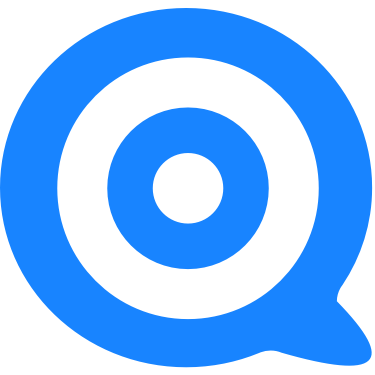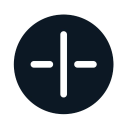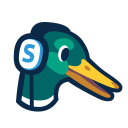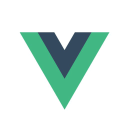How We Launched Backend Development Courses That Generate $110K/Month
Hello! Who are you and what business did you start?
I’m Lane Wagner, the founder of Boot.dev, a website where students learn backend development in Python, and Go is playing an RPG-style coding game. Our product is a learning path that consists of 20+ courses and projects that students complete by writing real code.
We sell to anyone interested in learning backend development in a fun, hands-on way. Everything is self-serve, so prices are low: about the cost of a gym membership.
We made roughly $26,000 last month, and we’ve been growing quickly, only making $3,000 at the same time last year. We had a real turning point in the business in the early part of 2022 where we stopped thinking about the learning game as just a “fun place to learn to code” and instead focused entirely on backend development in Python and Go.
We even deleted some courses that didn’t fit the niche, but in the end, it helped fuel growth in a serious way.
 Sorry, you need to login and/or become a member to view the rest of this content.
Sorry, you need to login and/or become a member to view the rest of this content.
































